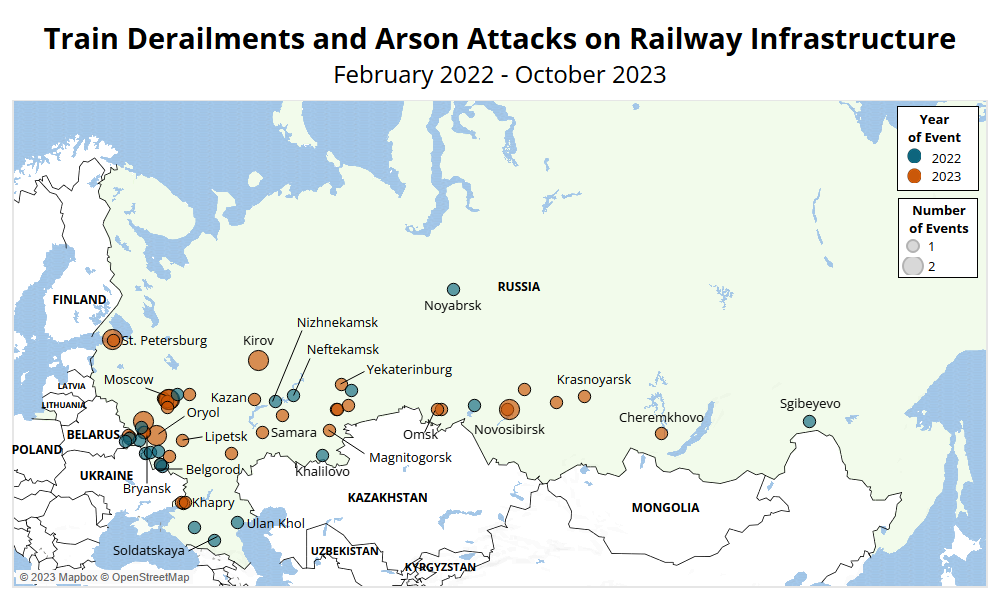Several Russian soldiers explained how the Ukrainian Armed Forces gained a foothold on the left bank of the Dnipro River in Kherson Oblast by opening up about the Battle of Krynky to BBC journalists.
"Yes, they (Ukrainians) are on our side (of the river). They have entrenched themselves in the Krynky area. There are definitely about 500 Ukrainians there," said soldiers from one of the occupiers' battalions," one of the Russian soldiers told the BBC.
They claim that before capturing Krynky, several Ukrainian reconnaissance groups traveled along the occupied Dnipro riverbank in Gazelles and Zhigulis, dressed in Russian military, firefighter, or Emergency Service worker uniforms.
"They approached our positions almost closely. While our people were watching, they took them all down," a Russian soldiers told the BBC.
The occupiers claim that after this, Ukrainian infantry crossed the Dnipro and entered Krynky through the forest.
"On Oct. 19, 20, and 21, we were hit hard here. But then they sent us Marines, and we survived only thanks to that. I didn't see any tanks here; they were pushing them from the other side, and around Antonivka, they were firing. But they did capture several of our vehicles," said one of the soldiers of the occupation army.
According to the occupiers, Ukrainian forces also used and continue to use boats that can travel at a speed of 100 km/h. In the fall, in thick fog, they are difficult to track. Additionally, during the battles on the left bank of the Dnipro, the Ukrainian Armed Forces allegedly used a helicopter that flew very low and fired on Russian positions with unguided missiles, then flew back.
"Several people have already been captured. Our commander disappeared with all his deputies. We are in quite a jam here."
"Two of our battalions were wiped out overnight. Ukrainians have entrenched themselves on our side in the Krynky area, and so far, we can't knock them out."
"We are on duty 24/7 without replacements. Plus, everyone is afraid," the Russian soldiers told journalists.
The occupiers lost several hundred military personnel on the left bank of the Dnipro, BBC sources report.
"From our battalion, 26 people remain; in the first battalion — 24, in the second battalion — 27, in the third one — a little over 20... Each had about a hundred," one of the Russian artillerymen told the BBC.
France is on course to have trained 7,000 Ukrainians this year — some in Poland, others at French bases — as part of a European Union military assistance mission for Ukraine that launched a year ago this week. The French army granted The Associated Press access to a training base in rural France last week to observe the latest class of Ukrainian infantrymen being put through its paces at the tail end of a four-week course.
The EU mission's initial goal was to train 15,000 soldiers, but it has far exceeded that target and now expects to hit 35,000 by the end of this year. All but three of the EU's 27 member countries, plus non-member Norway, have provided training courses or instructors, the EU Commission says.
The United States has trained about 18,000, mostly in Germany, with an additional 1,000 in the pipeline, the Pentagon says.
In Britain, 30,000 have learned soldiering in the past 17 months, a training program the U.K. government says is unprecedented since World War II.
As well as basic training with weapons, battlefield first aid and other skills, instructors are also imparting specialized military know-how, ranging from clearing mines and launching waterborne attacks aboard small boats to equipment repair, officer training and even help for Ukrainian military chaplains.
Because of French military concerns for the base's security, the officer, Lt. Col. Even, could only be identified by his rank and first name.
"One can clearly see in Ukraine that the front line is relatively frozen, with two belligerents who employ very similar doctrines," he said. "So today, one of the keys being sought in an attempt to break this inertia is to try to develop maneuvering schemes that can bother and even shake up the adversary."
Military training efforts for Ukraine hit major milestones | AP News
"Since the beginning of its full-scale military invasion in Ukraine, Russian authorities have pursued a strategy that sought to preserve a sense of normalcy in Russian society and convince the population that the invasion would not have any repercussions on safety," it said.
"However, just as the Russian-Chechen wars ultimately resulted in militant attacks on Moscow and other cities in the early 2000s, Russia's invasion of Ukraine has spilled over deep into Russian territory, undermining the government's promises."
In its report, ACLED pointed to "other, less visible, effects" that are likely to impact security in Russia in the long run, including pro-Ukrainian partisan groups, easier access to weapons, and the intensification of state violence against anti-war voices.
It claimed security in Russia was "unravelling from within".




















